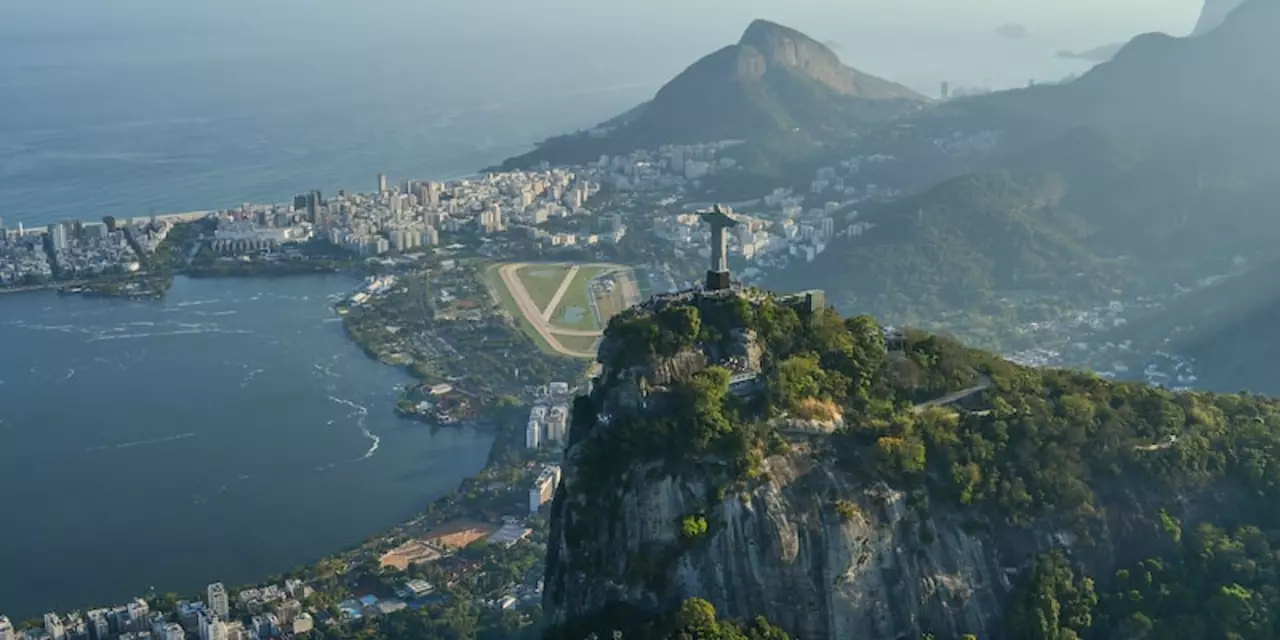Brazil Soccer Heritage
When talking about Brazil, a South American nation renowned for its passionate soccer culture and five FIFA World Cup titles. Also known as Seleção, it has shaped the global game for more than a century.
At the heart of Brazil's story is soccer, the sport that unites fans, clubs, and neighborhoods across the country. The game's simple rules and low barrier to entry let kids on dusty streets practice the same skills they see on TV. Brazil soccer isn’t just a pastime; it’s a national identity that drives community pride, economic activity, and international recognition.
Brazil's success is inseparable from the World Cup, the premier international tournament where Brazil has claimed five championships. Each tournament victory sparked a wave of celebrations that reinforced the link between national morale and football performance. The World Cup also pushes Brazil to invest in youth academies, stadium upgrades, and tactical innovation, creating a feedback loop where global exposure fuels domestic development.
Governance and standards come from FIFA, the global governing body that sets the rules and organizes the World Cup. FIFA’s regulations shape everything from player eligibility to tournament formats, impacting how Brazil prepares its squads and competes abroad. The relationship between Brazil and FIFA illustrates how a nation’s football ambitions are guided by international policy.
Key Themes in Brazil’s Football Narrative
Brazil encompasses a legacy of legendary players like Pelé, Zico, and Neymar, each embodying skill, flair, and a love for the game. These icons illustrate the broader idea that Brazil requires a blend of natural talent and disciplined training. The country’s club scene, featuring giants such as Flamengo, Palmeiras, and São Paulo FC, supplies the talent pipeline that fuels the national team. The clubs also foster regional rivalries that keep the sport vibrant at every level.
Another important aspect is Brazil’s tactical evolution. Early teams relied on individual brilliance, while modern squads balance attack with strategic defending. This shift reflects how Brazil influences and is influenced by global football trends. The tactical changes also affect how Brazilian coaches approach youth development, emphasizing both creativity and tactical awareness.
Economically, soccer drives revenue through ticket sales, merchandise, and broadcasting rights. The sport’s popularity creates jobs, from stadium staff to sports journalists, reinforcing its societal impact. Moreover, soccer tourism brings visitors to iconic venues like the Maracanã, boosting local economies.
Finally, Brazil’s cultural export extends beyond the pitch. Music, dance, and fashion often draw inspiration from football celebrations, making the sport a cultural ambassador. This cross‑pollination highlights how Brazil’s football narrative resonates worldwide.
Below you’ll find a curated collection of articles that dive deeper into Brazil’s football heritage, from historic matches to modern analytics. Whether you’re a casual fan or a die‑hard enthusiast, these pieces give you a richer perspective on why Brazil remains at the core of the beautiful game.
